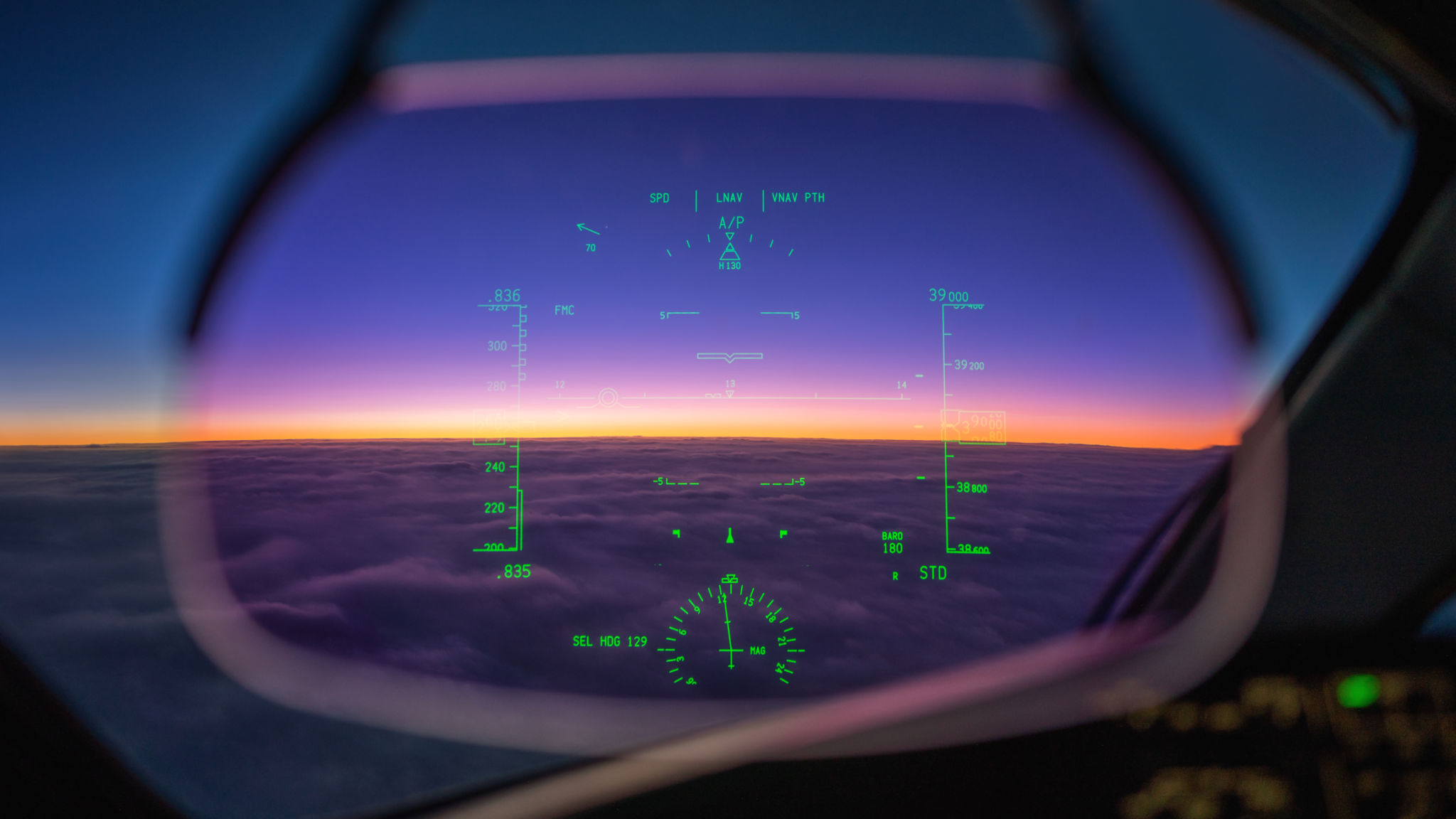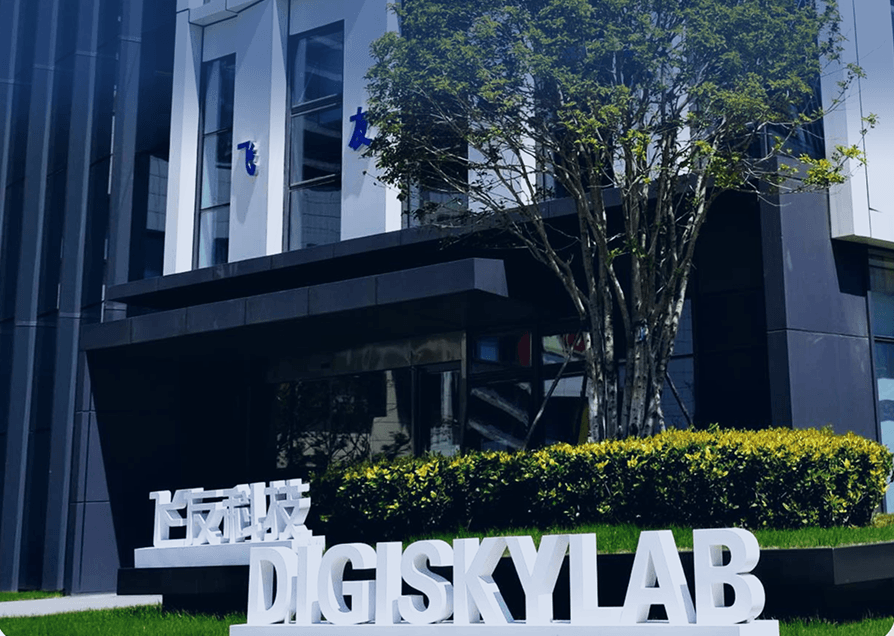AI in Aviation-Smarter Flights, Better Experiences
Unlock the future of aviation with AI-driven flight data. Boost on-time rates, passenger satisfaction, and sustainable operations with smart analytics.
Introduction: AI Leads Global Aviation Transformation
The global air travel market is bouncing back. Data from IATA shows that worldwide passenger numbers will likely exceed 4.5 billion in 2024. This marks a quick return to strong growth. At the same time, flight timeliness, overall passenger experience, and carbon reduction are at the core of industry transformation.

AI is driving digital change, smarter operations, and better passenger experiences in aviation. Artificial Intelligence (AI) is powering the move to digital systems, smarter management, and better passenger experiences in aviation.
Core Applications of AI in Aviation
(1) AI Innovation in Status and Transfer Scenarios
Flight Status Optimization
By using VariFlight’s real-time and historical flight status data, airlines can track 97% of global flights. This helps them monitor flight departures, arrivals, delays, cancellations, and other important status events.
AI models process massive datasets to accurately predict disruptions and delays, enabling real-time schedule adjustments and resource allocation. When facing severe weather, airspace changes, or airport congestion, AI automatically prioritizes and reprioritizes flights, maximizing on-time performance. Research shows that AI-driven management can boost flight on-time performance by 17% and cut average delays by 20%.

Smart Transfer Recommendations
Based on VariFlight’s Flight Transfer API, the platform connects real-time data from over 1,200 airlines and 10,000+ airports worldwide. AI algorithms find the best transfer options from many global flights. They create personalized transfer solutions for travelers without relying on alliances.

In case of delays or cancellations, the system generates alternative transfer plans and proactively pushes updates, greatly improving connection success and customer satisfaction. The AI-driven transfer engine also analyzes factors like minimum connection time, gate changes, and airport mobility, minimizing missed connections and maximizing transfer efficiency.
Open API and Free Trials
VariFlight now provides open Flight Status Data and Flight Transfer APIs. Each API key allows 100 free trial calls. This helps airlines, platforms, and developers use high-quality flight and transfer data. They can quickly create solutions to improve flight operations and promote AI innovation across the industry.
(2) Enhanced Passenger Experience: The Flight Happiness Index (FHI)
The VariFlight FHI product uses AI models to score each flight based on many factors. These factors include comfort, amenities, aircraft type, past on-time performance, catering, and delay chances. This creates a measurable "happiness index" for every flight.
Platforms and travelers can use FHI scores to check seat space, Wi-Fi, catering, entertainment, and cabin service. This helps them make clear and personalized flight choices. Data shows referencing FHI raises passenger satisfaction by 18%.

(3) Carbon Emissions & Green Operations
AI reduces airline emissions by analyzing flight plans and fuel data.
It shows emissions for each flight and suggests ways to save fuel—like better routes and loading. This helps airlines move toward carbon neutrality.
(4) Smart Maintenance
AI-driven predictive maintenance systems analyze real-time data on aircraft structure, engines, and key components. They help identify potential risks early. This reduces unplanned groundings and maximizes fleet availability and safety.
Global leading airlines have reduced maintenance costs by 14% and improved reliability by 13% thanks to such systems.
Innovation Trends & the Variflight MCP Server
The Variflight MCP Server is a smart data tool that helps apps and systems get live flight information.
It provides key flight details, including status updates, comfort levels, transfer options, carbon emissions, and airport weather.
Developers can easily integrate it with AI-based systems, including large language models.
Developers can use it to power smart applications in navigation, travel insurance, autonomous mobility, and more.
Each API key comes with 100 free trial calls—enough to test real-time data and smart AI suggestions.

AI technology is changing the way aviation works. Open platforms like MCP help build smarter systems and make it easier for different teams and tools to work together.
Challenges and Solutions
Data Security & Compliance Pressure
AI applications deeply integrate sensitive working and passenger data. Global regulations such as GDPR require data to be traceable and deletable. In practice, it is hard to completely remove personal data from AI models. Therefore, platforms must keep improving security and following the rules.
Model Reliability and Robustness
AI solutions are highly data-dependent. Data interruptions or loss can magnify running risks. Authorities such as the FAA and EASA have shared AI safety plans. They focus on human-computer teamwork and clear models to reduce "black box" risks.
Ethics, Accountability, and Regulatory Gaps
Concerns over software transparency, clear responsibilities, algorithm bias, and fair service are growing. Regulatory innovation and ethics governance must progress together.
Human Resources Structure and Skills Transition
AI’s widespread adoption prompts workforce restructuring, with a sharp shift towards AI, data science, and digital operations skills. IATA research indicates that the compound annual growth rate of new digital aviation roles will exceed 21% before 2025.
Conclusion
AI is reshaping the boundaries of the aviation industry through smart data, system link, and real-time decision-making. Data-driven models focus on flight status, transfers, comfort, and carbon emissions. They improve working efficiency and give millions of travelers more transparency, efficiency, and comfort.
Platforms like VariFlight MCP, Flight Transfer, and FHI exemplify how AI empowers multi-dimensional information transparency and intelligent decision-making. The industry should keep watching AI innovation. It should also use open data and smart platforms.
Additionally, it needs to improve compliance governance. This will help global aviation become safer, more efficient, and better for travelers. It will also support green practices.
DataWorks, A subbrand of VariFlight. Focus on Aviation Data Solution For Your Industry Challenge. Free Data Trial: Here

References
IATA Official Data
FAA AI Safety Roadmap
VariFlight Flight Happiness Index
VariFlight Flight Status Data API
VariFlight Flight Transfer API
VariFlight MCP Server Introduction
